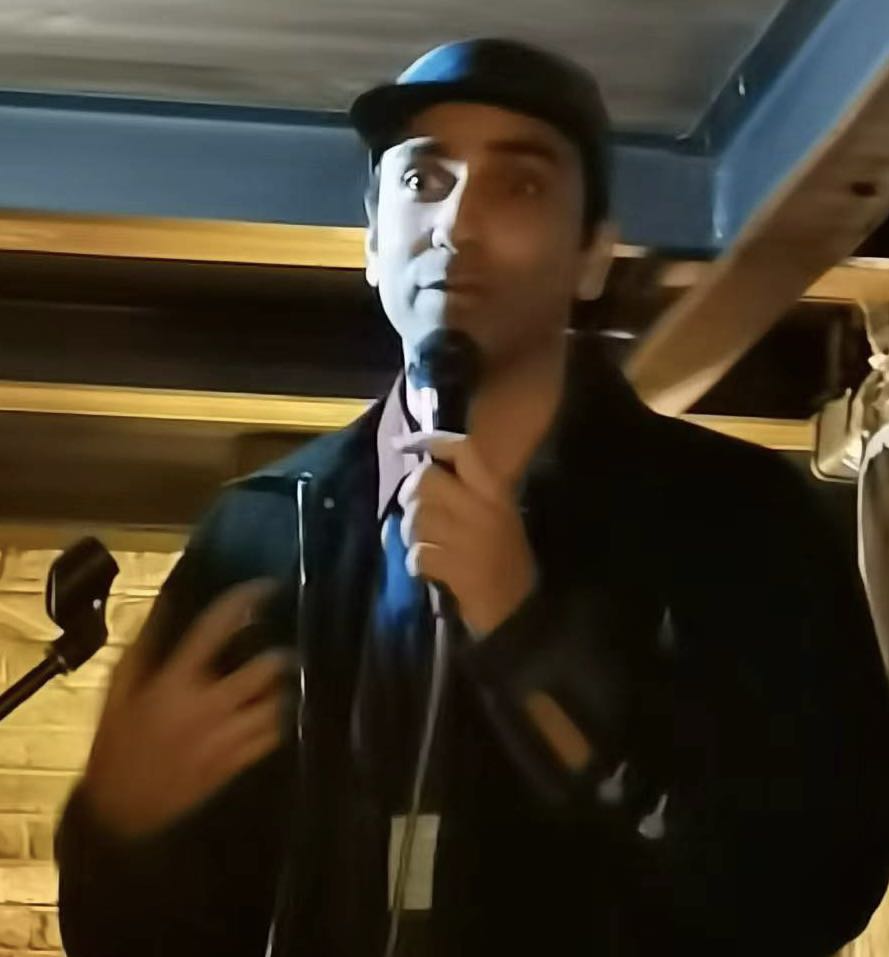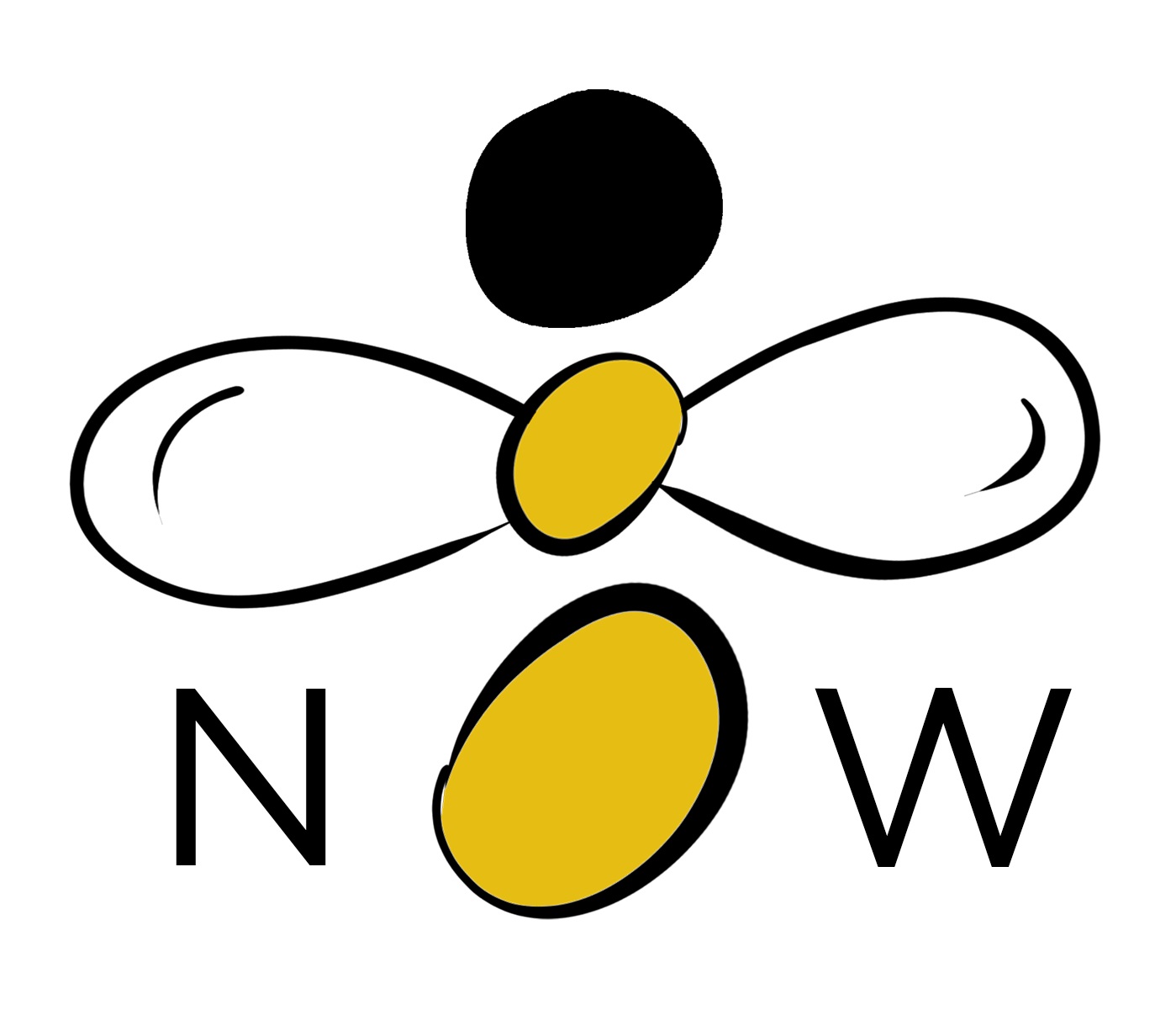
Have you ever experienced a moment where everything seemed to fall into place perfectly? A moment where events seemed to be connected in a way that defied logical explanation? Such instances may appear to be mere coincidences, but they often hold a deeper significance and can even seem to be guiding us on our path.
Synchronicity refers to the occurrence of meaningful coincidences that are seemingly unrelated but interconnected through an underlying pattern or purpose. The concept of synchronicity was first introduced by Swiss psychiatrist Carl Jung in the 20th century, who believed that these experiences represent a bridge between the conscious and unconscious minds.
While synchronicity may seem like a mystical or spiritual concept, there is research that sheds light on its mechanisms and potential value in practical life.
One aspect of synchronicity that has been studied is its relationship to intuition. Intuition is defined as the ability to understand or know something without conscious reasoning or logic. In a study published in the Journal of Personality and Social Psychology, researchers found that people who reported experiencing more synchronistic events also reported higher levels of intuition. This suggests that synchronicity may be a way of accessing our unconscious knowledge and guiding us towards important insights or decisions.
Another way synchronicity can be valuable in practical life is through its connection to creativity. Creativity is often thought of as a process of connecting seemingly disparate ideas or concepts to create something new and innovative. Synchronicity can be seen as a manifestation of this process, as it involves the connection of seemingly unrelated events or ideas. In fact, Jung himself believed that synchronicity was a key component of creative inspiration.
Historically, there are many examples of synchronicity having a significant impact on individuals and societies. One famous example is the story of the Swiss psychologist, Marie-Louise von Franz. She was studying alchemy when she had a dream in which she was given a specific book to read. The next day, she visited a used bookstore and found the exact book from her dream, which contained valuable insights that led to breakthroughs in her research.
Similarly, in the early 1900s, the psychologist and philosopher William James had a synchronistic experience that helped him make an important decision. James was struggling with a choice between pursuing a career in science or philosophy when he had a dream in which he was presented with a coin that had “heads” on both sides. He took this to mean that either choice would lead him to a successful and fulfilling career.
In my own recent experience, I came back to California after 8 years of living in China. I was starting fresh and charting a new path. I did not know anybody in Sacramento other than my sister, with whom I was staying with. I was looking for work and an apartment.
One day I felt especially lonely and overwhelmed in this period of a great life/career transition. I decided to go out by the pool and get some sun and ended up recording a silly video next to a big vintage pot.
I posted the video on Instagram. The video showed my location. Within an hour, two friends texted me who happened to also be living here. They were surprised to see my location. What’s more, one of them was renting a two bedroom and the other was open to moving into an apartment.
The apartment was solid, so we teamed up and signed the lease. I told this story to a friend and she said that is synchronicity with a capital S. The experience made me feel alive, grateful, and connected with greater forces, as though I was on the right track.
In sum, synchronicity may seem like a mystical concept, but it has real value in practical life. By accessing our unconscious knowledge and facilitating connections between seemingly disparate ideas, synchronicity can lead to important insights and creative breakthroughs. Historical examples demonstrate that synchronicity has played a significant role in the lives of individuals and societies alike. As we continue to study the mechanisms behind synchronicity, we may be able to harness its power to enhance our personal and collective growth.

Arya Salehi is a storyteller and growth coach, helping people enhance their learning and fulfillment at work and in relationships. He believes in asking the right questions, rather than having all the answers.
